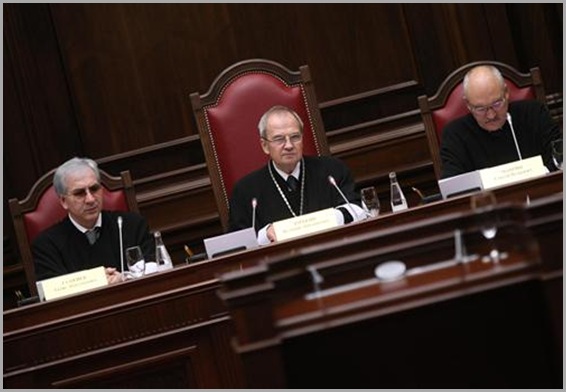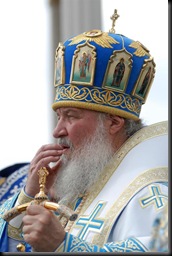More than 50 Jehovah’s Witnesses arrested in Russia for taking part in a public protest |
|
Moscow– Between late February and early March, Russian police arrested at least 50 Jehovah’s Witnesses for handing out leaflets that describe how their religious freedom is curtailed. They are especially critical of the way their communities are being persecuted, labeled extremist and criminal for refusing the military draft. On 26 February, the group’s national body launched a campaign to raise awareness about the violence Jehovah's Witnesses encounter in many republics of the Russian Federation. It brought together almost 150,000 volunteers in the streets of Moscow, Rostov, Sverdlovsk, Nizhny Novgorod, Omsk, Krasnodar, and Volgograd. Protesters handed out leaflets in railway as well as subway stations and at bus stops. Titled ‘Is history repeating itself? A question for Russians’, the four-page flyer quoted extensively from President Dmitry Medvedev’s speeches in which the Russian leader condemns political repression based on religion. Distributed to the tune of 12 million copies, the leaflet noted that the post-Soviet rehabilitation of Jehovah’s Witnesses had “turned to dust.” Fifteen years ago, many veteran Jehovah's Witnesses received a special "certificate of rehabilitation." | Cont Now the same people, certificates in their pocket, are being charged as "extremists," forced to go underground. According to Lev Levinson, director of the Institute for Human Rights, the current persecution is the by-product of a perverse interpretation of anti-extremism laws. As a religious group, Jehovah’s Witnesses are accused of being a “sect”, of being unfriendly towards other Churches, of rejecting military service, this despite the fact that Russia’s constitution allows for an alternative civilian service. In their defense, Jehovah’s Witnesses say that they are being forced to organize their campaign because various courts in Russia have banned their publications and outlawed their activities (see “Court in Rostov bans Jehovah’s Witnesses for being religious extremists,” in AsiaNews, 17 September 2009, and “Altai court condemns Jehovah’s Witnesses for “extremism,” in AsiaNews, 5 October 2009) Before that, they had turned to President Medvedev asking for justice (see “Jehovah’s Witnesses write to Medvedev, tell him they are persecuted like in Soviet times,” but now must try to move public opinion. Following the latest incident, Jehovah’s Witnesses were interrogated after their arrest, their leaflets seized. Most of them were eventually released after a few hours. |



No comments:
Post a Comment